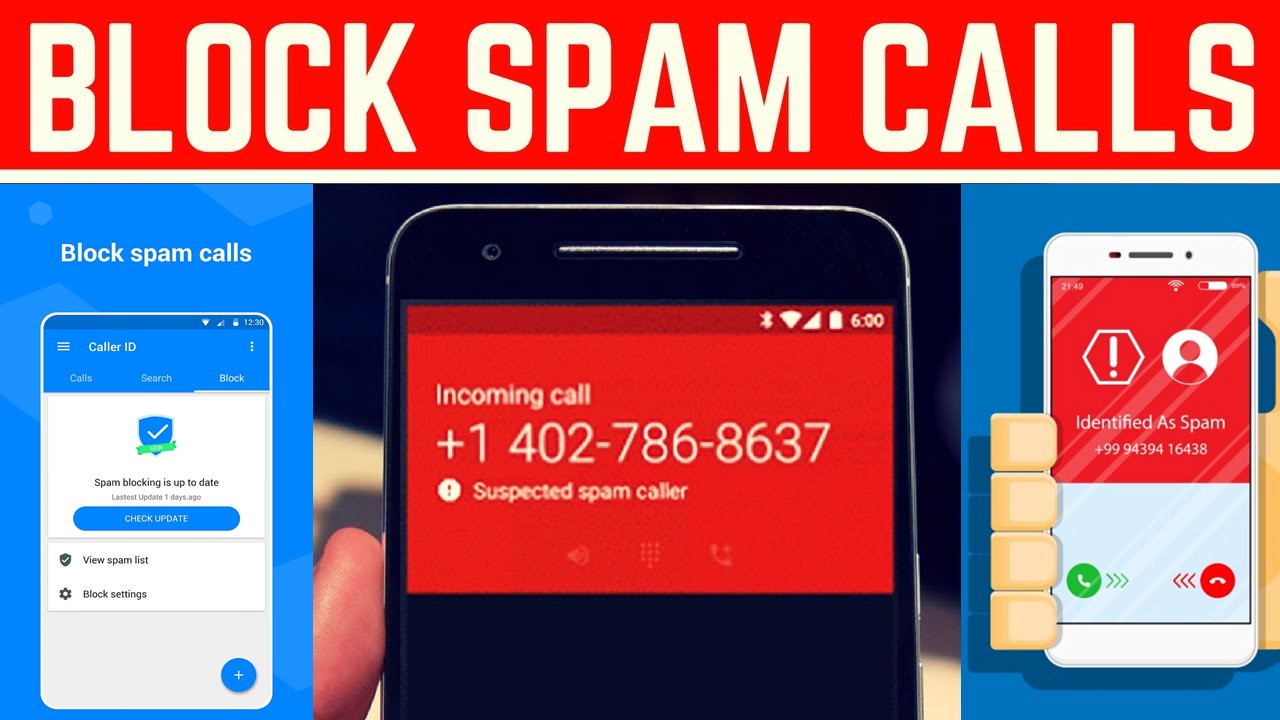In today’s digital world, most of us face the annoyance of scam calls. Whether it’s a con artist trying to trick you or a robocall offering fake deals, it’s a common issue. But there’s good news – you can block these calls. Learning how to block spam calls is straightforward. With the right tools and knowledge, you can keep these bothersome calls at bay.
Many apps and phone features allow users to blacklist specific numbers or identify potential scams. Additionally, being informed about common scam tactics can make you less vulnerable. Reporting suspicious numbers also helps in curbing such threats. As technology grows, so does the tactics of scammers, but by staying updated on the latest tools and methods, you can enjoy peace of mind. Always be cautious about unknown numbers, especially if they pressurize you for immediate action or offer too-good-to-be-true deals.
In short, while the digital age has its challenges, with a proactive approach, you can successfully thwart scam calls and maintain your phone’s sanctity.
Must Read: Scammer Phone Number Lookup Apps
1. Recognizing the Enemy: Types of Scam Calls
- Robocalls: Automated calls delivering pre-recorded messages. While some are legitimate, many are scams.
- Phishing Calls: Fraudsters pretend to be from a reputable organization to extract personal details.
- Spoofed Calls: Calls that mask their actual number, making them appear as if they’re from a known source.
2. Tools of the Trade: Apps and Services
Numerous apps and services, like “Should I Answer,” “TrapCall,” and “Nomorobo,” have risen to the occasion, offering robust scam call prevention features. They provide real-time alerts, extensive scammer databases, and the ability to block unwanted numbers.
3. Empower Yourself: Best Practices
- Never Share Personal Information: Always be wary of unsolicited calls asking for personal or financial information.
- Use Built-in Phone Features: Modern smartphones have built-in settings to block unknown or unwanted calls.
- Report Suspicious Calls: By reporting, you not only protect yourself but also assist in curbing this menace.
4. The Regulatory Shield: Government Initiatives
Governments globally recognize the threat posed by scam calls. In the U.S., the FTC’s Do Not Call Registry and the STIR/SHAKEN policy are notable efforts to curb these unwanted calls.
5. Stay Informed: Regularly Update Yourself
Scammers are continuously evolving their tactics. By staying updated on the latest scams and prevention methods, you remain a step ahead.
Important Tips on How to Block Spam Calls and Stop Unwanted Calls
Here are some invaluable tips to fortify yourself against these nefarious cyber threats:
- Secure Your Devices: Always install the latest software updates and security patches on your devices. Use strong, unique passwords for each account and consider using a reputable password manager.
- Be Skeptical: If an offer seems too good to be true, it probably is. Approach unsolicited communications, especially those asking for personal or financial details, with caution.
- Double-check URLs: Before entering personal information, ensure the website’s URL starts with “https://” and has a padlock symbol, indicating encryption.
- Avoid Clicking on Suspicious Links: Phishing emails or messages might look legitimate but can lead to malware-infested sites. Always hover over a link to see its actual destination before clicking.
- Educate Yourself: Stay updated on the latest scam techniques. Many regulatory agencies or tech companies regularly publish advisories on prevalent scams.
- Use Two-Factor Authentication (2FA): Where possible, enable 2FA for online accounts. This adds an extra layer of security, making it harder for scammers to gain unauthorized access.
- Monitor Your Accounts: Regularly review bank and credit card statements for any unauthorized transactions. Quick detection can help in faster resolution.
- Be Wary of Unsolicited Calls: Even if the caller claims to be from a known company, always verify their identity. Don’t be pressured into providing information or making payments.
- Backup Your Data: Regularly back up important data. In case of ransomware attacks, having backups means you won’t lose vital information.
- Report Scams: If you encounter or fall victim to an online scam, report it to local authorities. Your report can help others avoid the same pitfall.
Remember, awareness and vigilance are your best defenses in the digital realm. Equip yourself with knowledge, and navigate the online world confidently and safely.
Conclusion
Scam calls can be worrying, but you can manage them. Knowing how to block spam calls, using the right tools, and keeping them updated can keep you safe. Remember to always stay alert and follow the best tips to ensure you’re protected from these unwanted calls.

